Foods Diabetics Should Avoid
The kidneys perform many functions such as filtering blood, removing waste products, producing hormones, strengthening bones, and regulating fluid balance and blood pressure.
Many factors and health conditions, including diabetes, can increase your risk of kidney disease. High blood sugar over time can damage blood vessels, including those in the kidneys.
Diet for kidney disease and diabetes depends on the stage of kidney disease, but generally includes monitoring sugar, sodium, potassium, and phosphorus intake.
They should also watch their protein intake because their kidneys are no longer efficient at filtering waste products from protein metabolism. However, people with end-stage renal disease may need more protein.
Choosing foods with a low glycemic index is good for the disease - Illustration photo source Internet
There are 5 food groups that diabetics should avoid to avoid harming the kidneys, including:
Sodium - the silent enemy of blood pressure and kidneys: Too much sodium (salt) makes the kidneys work too hard, easily causing water retention, high blood pressure and worsening kidney disease.
Limit the following foods: Processed meat (sausages, cold cuts, dried meat...); Instant noodles, frozen pizza, fast food; Canned food, industrial sauces.
Phosphorus - the hidden culprit that causes weak bones and a tired heart: Weak kidneys cannot filter phosphorus, leading to its accumulation in the blood, causing osteoporosis, poor cardiovascular health, and increased risk of death.
Therefore, you should avoid dark carbonated soft drinks (cola, black soda...); Beans, lentils (if you eat them, eat very little)
Note that phosphorus from animals is absorbed faster than from plants – so it is better to prioritize a light vegetarian diet.
Too much potassium causes arrhythmia, muscle weakness, fatigue: Kidney failure cannot excrete all the potassium, easily leading to hyperkalemia, which is extremely dangerous for the body.
Limit foods: Fruits rich in potassium such as bananas, avocados, oranges, kiwis, apricots; Dark green leafy vegetables such as spinach, rainbow chard, beetroot leaves; Potatoes, sweet potatoes, if you want to eat, should be peeled, chopped and soaked/boiled to remove some potassium (soaking before cooking can reduce up to 70%).
Added sugar - 'gasoline' for blood sugar spikes: The more sugar, the more blood sugar increases, causing damage to blood vessels and making the kidneys fail faster.
Eliminate: Fruit juices, soft drinks, condensed milk; Sweets, cakes, cookies, ice cream, donuts.
Be careful with “naturally sweet” foods that still contain a lot of sugar, such as syrup, honey, dried fruit, etc.
Alcohol - damages both medicine and kidneys: Alcohol not only damages the kidneys but also reduces the effectiveness of diabetes medication, making the body susceptible to hypoglycemia, fainting, and even life-threatening.
If you still want to use it, you should ask your doctor for a safe dosage.
Choose fruits and whole grains that are good for your health - Illustration photo source Internet
Kidney-friendly foods
So what should people with diabetes and kidney disease eat? According to the US Centers for Disease Control and Prevention (CDC), there are Some "kidney-friendly" foods that diabetics should eat include:
Vegetables: Cauliflower, eggplant, radish, onion
Fruits: Apples, plums, grapes, strawberries, cherries
Protein: Eggs, fish, chicken, low-salt seafood
Starches: Bread, noodles, unsalted cakes, whole grains
Beverages: Water, unsweetened tea, unsweetened, colorless soda
Diabetes is tiring, don't let your kidneys get more tired. Eating right early will help reduce complications and maintain long-term health.
Dr. Nguyen Xuan Tuan (lecturer at University of Medicine and Pharmacy, Vietnam National University , Hanoi )
Source: https://khoahocdoisong.vn/nhom-thuc-pham-nguoi-tieu-duong-nen-tranh-keo-nguy-hai-than-post1549827.html


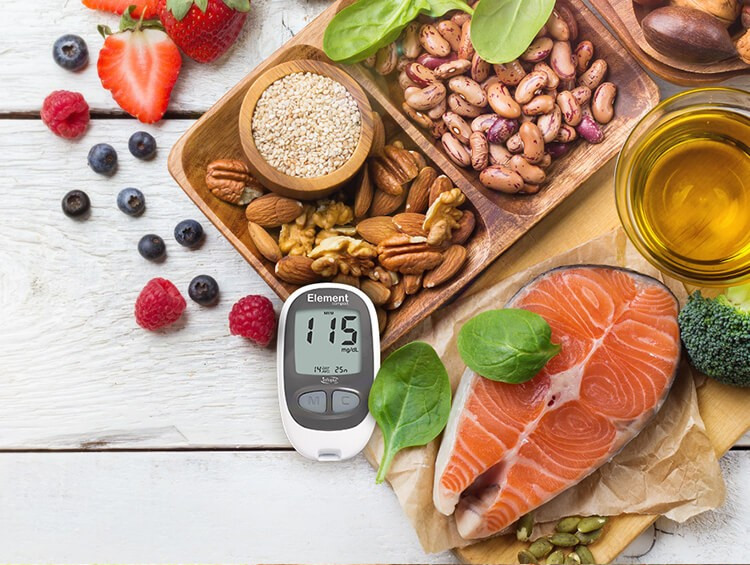
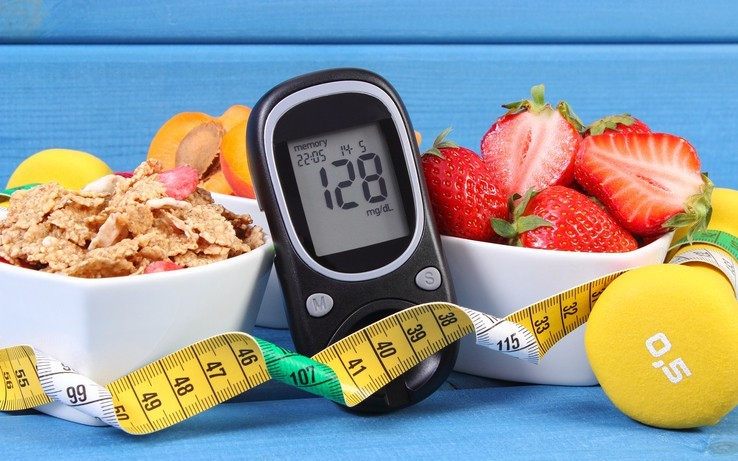


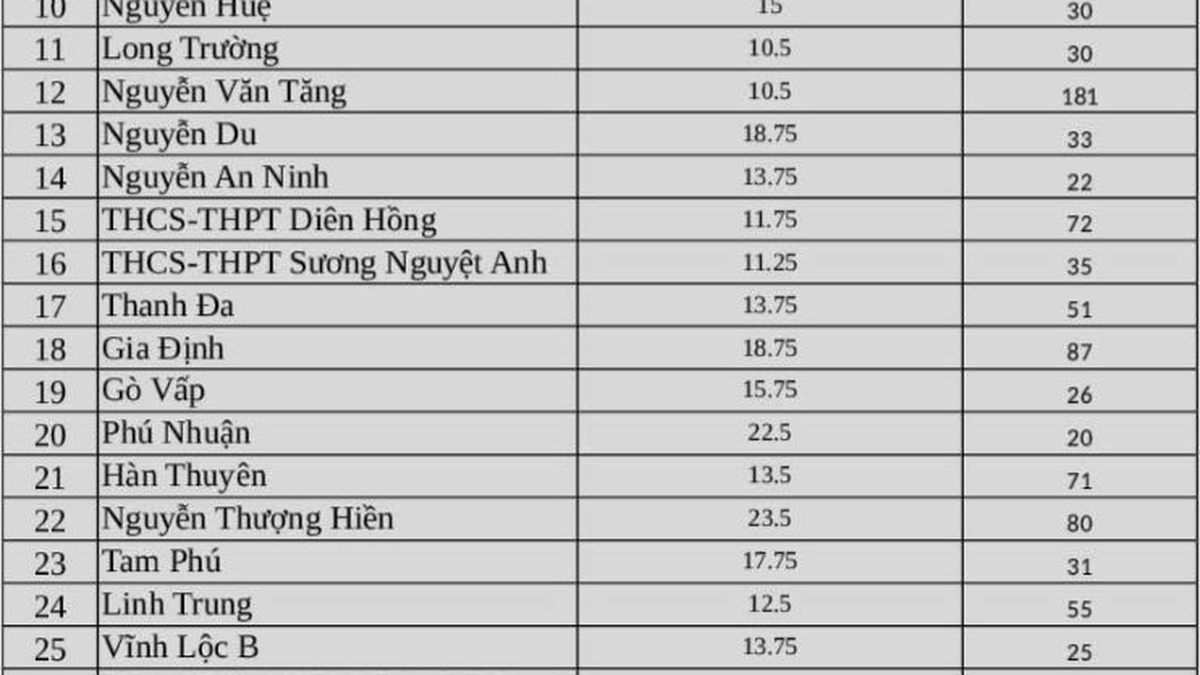



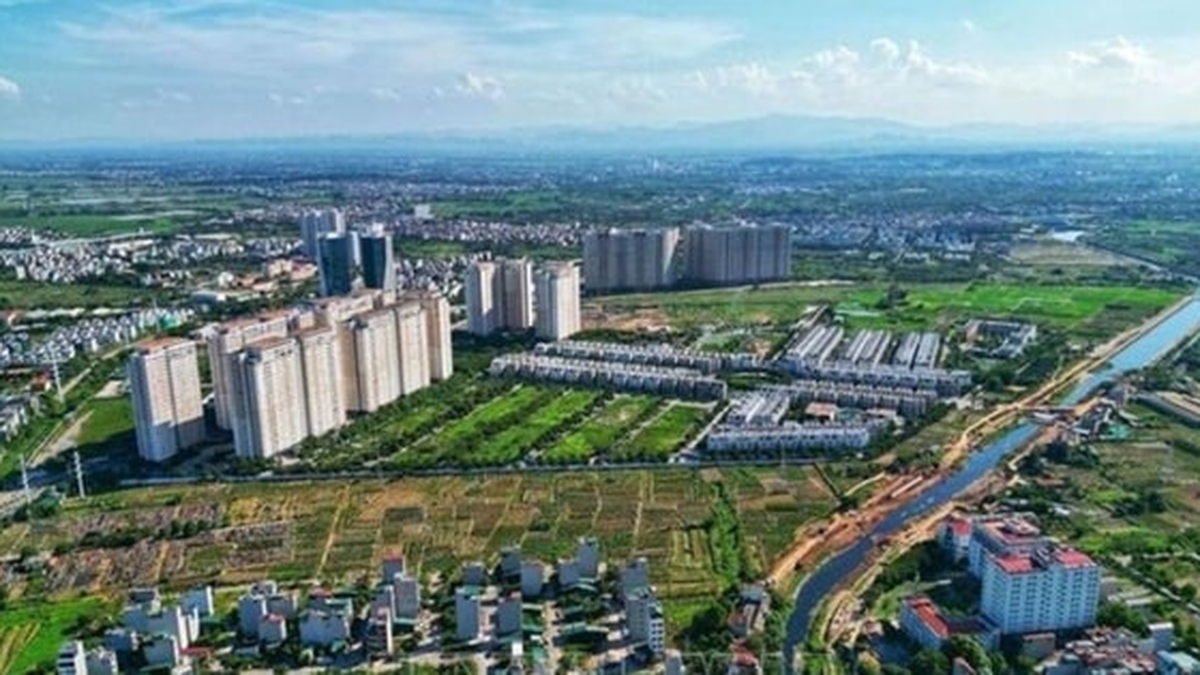

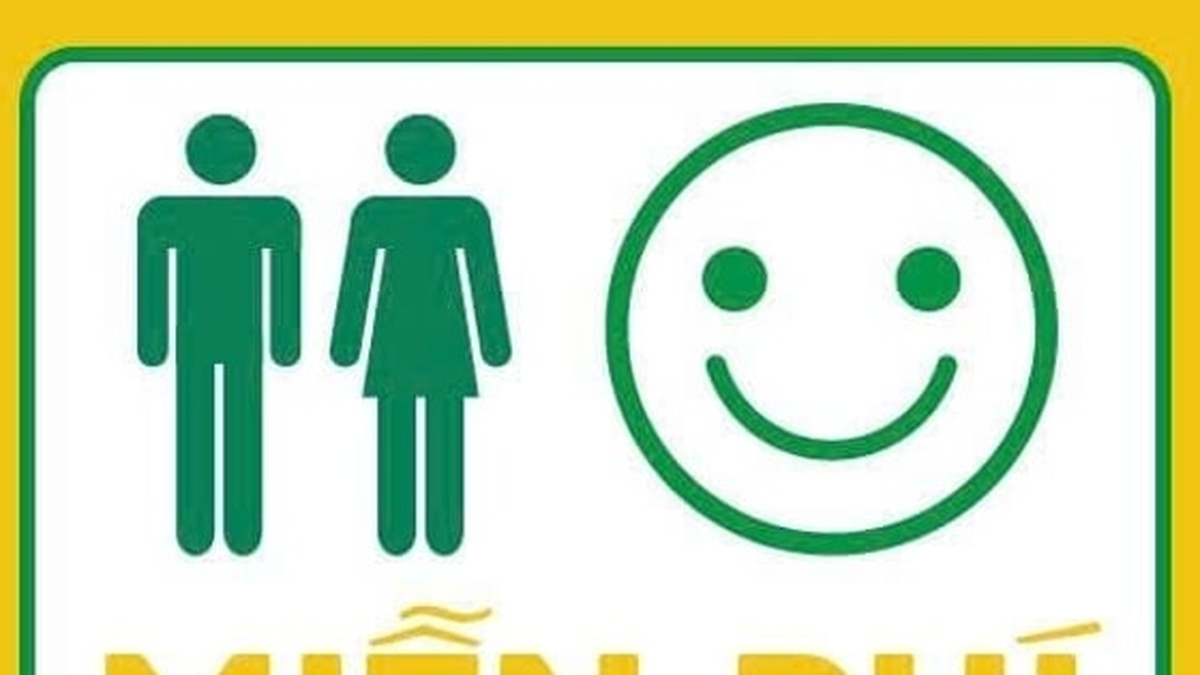


















![[Photo] National Assembly Chairman attends the seminar "Building and operating an international financial center and recommendations for Vietnam"](https://vphoto.vietnam.vn/thumb/1200x675/vietnam/resource/IMAGE/2025/7/28/76393436936e457db31ec84433289f72)
















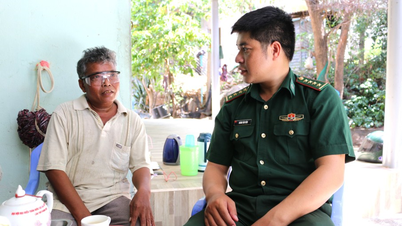








































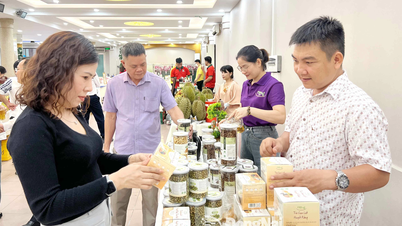









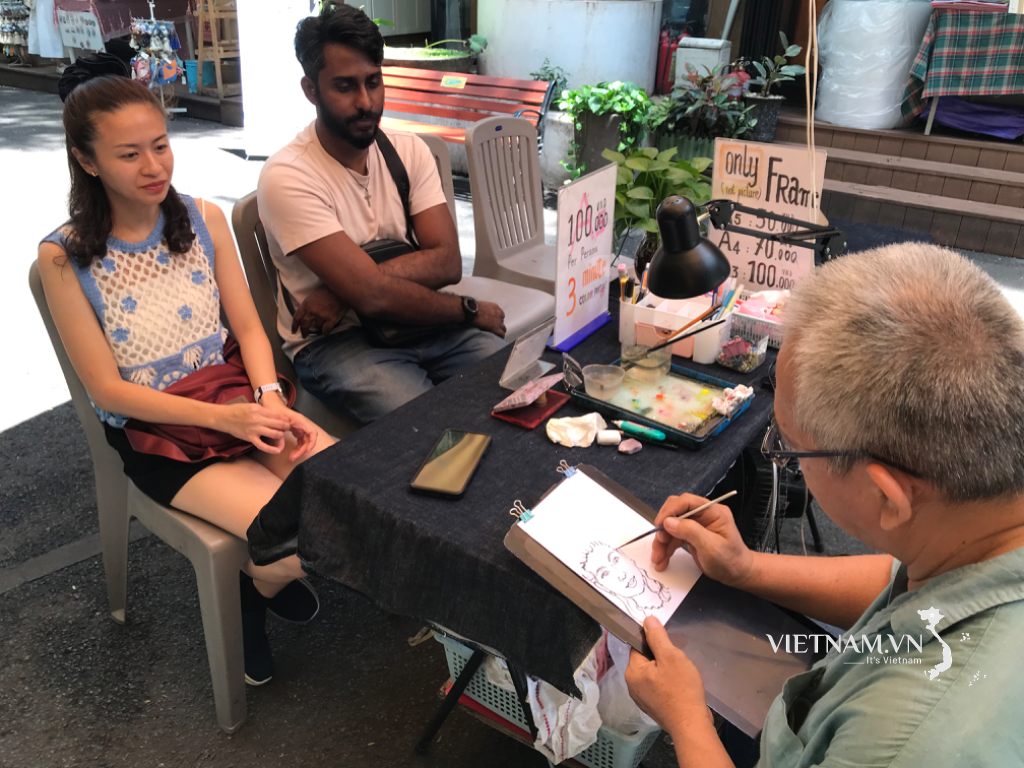



Comment (0)